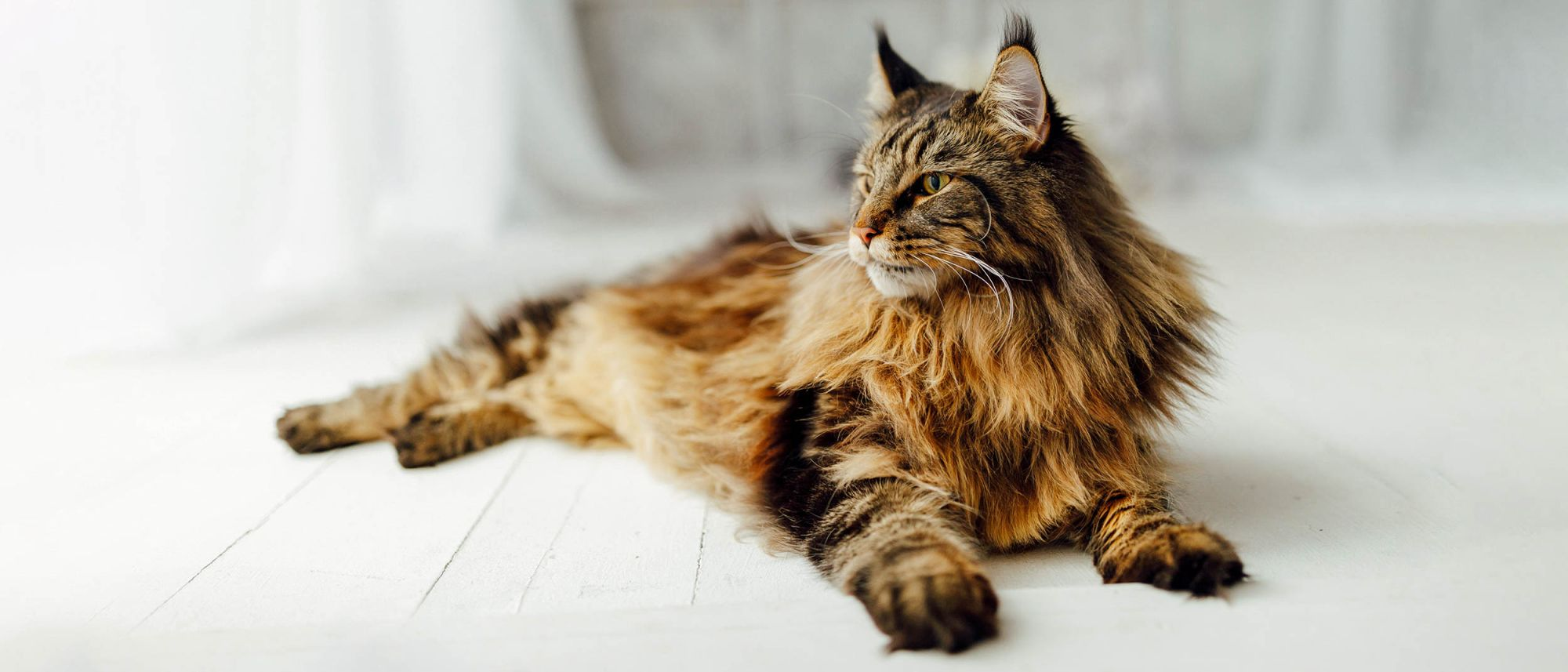Keeping your cat's digestive system healthy
Article

How is cat digestion different from humans?
Taste
Chewing
Eating time
Diet
A common question is how long does it take for cats to digest food? For cats, it takes just 12-24 hours for food to move through their intestines, compared to human digestion which can take up to five days.2
A closer look at a cat’s digestive system
As with dogs and humans, each element of your cat's digestive system has a role to play in breaking down food and absorbing the nutrients it needs. It also holds beneficial bacteria, called microbiota, to keep the gut healthy and lots of immune system cells to protect their overall health.
A cat’s digestive system can be particularly sensitive and may be easily upset by sudden changes to its diet, for example. It’s also designed for cats to eat more frequently and to eat smaller meals. Many cats visit their food bowl several times a day and eat only a small amount each time. To avoid your pet gaining weight, it's therefore important to be aware of daily rations and divide this over each small meal.
Important nutrients for your cat’s digestion
Every element of your cat’s food can play a role in supporting their delicate digestive system and, in turn, their overall health. To get advice on the best diet for your cat and their specific needs or sensitivities, it’s always best to ask your veterinarian. But let’s look at the key nutrients and factors that are important for every cat’s digestive system.
Protein
Fiber
Fats
Vitamins
Carbohydrates
Understanding cat digestive issues
As a cat’s digestive system is so delicately balanced, it can be particularly prone to problems. Things that can give your cat an upset stomach include changes to their diet, stress/anxiety, and underlying health issues.
Common digestive problems in cats
Parasites
Microscopic parasites can settle in your cat’s intestines and cause severe diarrhea, which can lead to dehydration and weight loss, not to mention abdominal discomfort. Talk to your veterinarian if you think your cat has parasites, as they can prescribe medication to help clear them.
Hairballs
For cats that live indoors, hairballs can be a common problem as grooming is one of their main activities. As cats groom, they swallow loose hairs that usually pass out in their stools. If there’s an excess of hair, however, they can’t digest it properly and it forms a hairball which makes digestion difficult. You can help by brushing your cat regularly to remove excess hair and ensuring their diet has a mix of fiber to disperse the hair they’ve swallowed.
Inflammatory diseases
If one or more of your cat’s digestive organs becomes inflamed, it could cause your cat discomfort and other problems. The effects can include chronic vomiting and diarrhea, weight loss, and a change in appetite. They may even have a big increase in appetite as they attempt to get the nutrients they need.
Signs to look out for
If you think your cat has digestive issues, there are several things to watch for, including:
- Diarrhea or constipation.
- Vomiting or regurgitating food or hairballs.
- Bad breath or frequent flatulence.
- Reluctance or struggling to eat or increased appetite.
- Weight loss.
- A dry, dull, brittle coat.
- Signs of a painful abdomen.
Ask your veterinarian
If you think your cat has an upset stomach or digestive problem, it’s important to contact your veterinarian. They can do important checks to identify the potential causes of the issues. And they can also advise you on any changes you need to make, including to your cat’s diet, to help address the problems and discomfort they’re having.
Choosing the right foods for your cat's healthy digestive system
Whether you think your cat has digestive problem or not, it’s always worth asking your veterinarian for advice on the best food for them. There are a wide range of highly digestible cat foods available to suit the specific needs of each pet—from indoor cats with lower energy requirements to kittens with typically sensitive stomachs.
1 Pibot P et al, eds. Encyclopedia of Feline Clinical Nutrition, 2008.
2 Grandjean D. Everything you need to know about the role played by nutrients for the health of cats & dogs, 2006.
Related Articles
Royal Canin’s approach to nutrition
Browse our product ranges
Like & share this page